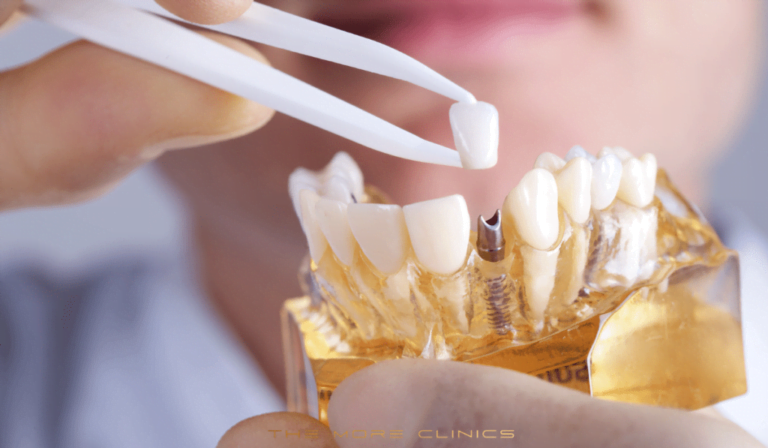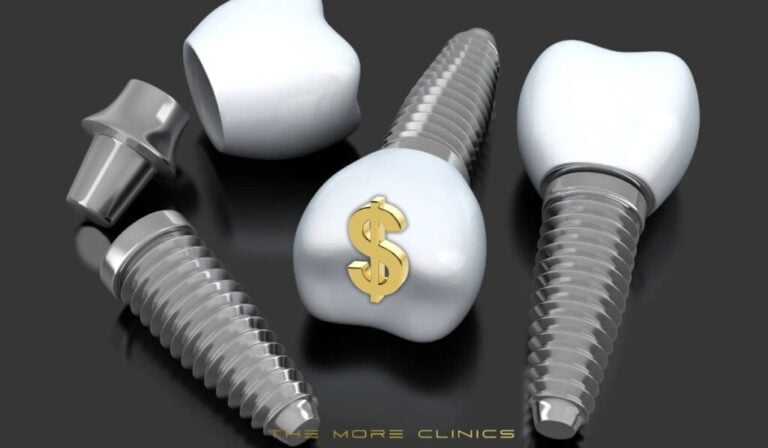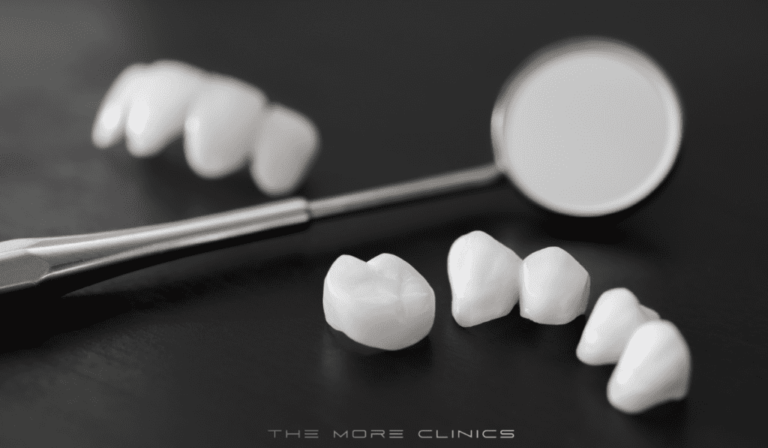Composite Veneers – Composite Bonding Turkey
Composite Veneers Turkey Antalya are an increasingly popular dental treatment that can transform your smile by correcting various dental imperfections. If you’re considering composite bonding Antalya and want to learn more about the procedure, benefits, and potential risks, this blog will provide you with comprehensive information to make an informed decision with composite bonding before and after pictures. Don’t forget to composite bonding Turkey price deal with all-inclusive package!
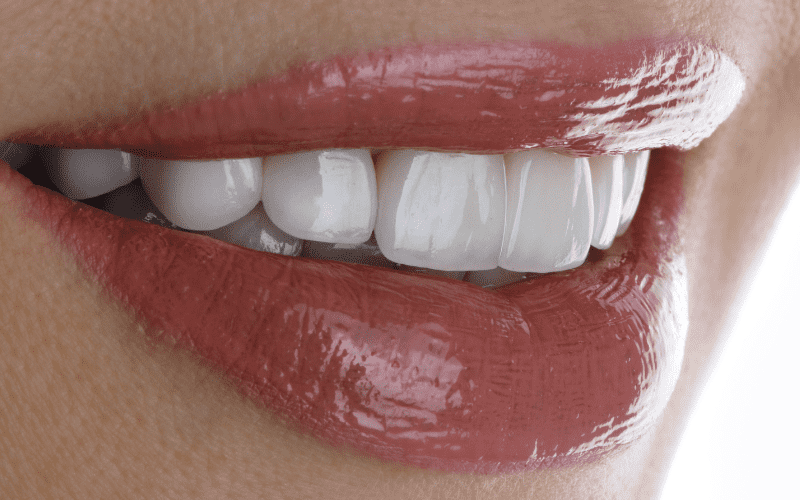
What is Composite Bonding?
Composite resin veneers, also known as composite bonding, are thin shells of tooth-colored composite resin that are custom-made and bonded directly to the front surface of the teeth. This cosmetic dental procedure aims to improve the appearance of chipped, discolored, misshapen, or gapped teeth, resulting in a natural and aesthetically pleasing smile.
Benefits and Pros of Composite Veneers
Composite veneers offer numerous benefits that make them a popular choice for many dental patients:
- Affordability: One of the main advantages of composite veneers is their affordability, making them a budget-friendly alternative to porcelain veneers.
- Non-Invasive Treatment: The procedure involves minimal to no tooth preparation, thereby preserving natural tooth structure.
- Instant and Quick Results: Composite veneers can typically be applied in a single visit, resulting in an immediate smile transformation.

- Repairs Easily: Any wear or damage to the veneer can easily be repaired in a single dental visit.
- Natural Appearance: Composite veneers blend seamlessly with your natural teeth, providing a realistic and beautiful smile.
- Customizable: The shade, shape, and size of the veneers can be customized to match your existing teeth and meet your aesthetic goals.
Disadvantages of Composite Veneers
Despite the numerous advantages, it’s important to be aware of the potential drawbacks associated with composite veneers:
- Durability: Composite veneers are not as strong or long-lasting as porcelain veneers. They may chip or stain over time and typically need to be replaced every 5 to 7 years.
- Staining: Unlike porcelain veneers, composite veneers are more prone to staining from food, drinks, and tobacco.
- Aesthetic Limitations: While composite veneers look natural, they may not have the same translucency or depth of color as porcelain veneers.
- Maintenance: Regular and meticulous oral hygiene is crucial to maintain the look and longevity of composite veneers.
Candidacy of Composite Veneers Turkey
Who Is the Best Candidate for Composite Veneers Turkey?
Composite veneers are an excellent option for individuals with:
- Chipped or cracked teeth
- Discolored or stained teeth
- Slightly misaligned or uneven teeth
- Small gaps between teeth
- Generally healthy teeth and gums
Who Might Not Be a Good Candidate for Composite Veneers Turkey?
While composite veneers are a versatile solution, there are some situations in which they might not be the most suitable treatment:
- Severe Tooth Misalignment or Damage: Composite veneers are best suited for minor cosmetic tooth corrections. If your teeth are severely misaligned or damaged, orthodontic treatment or dental crowns might be more appropriate solutions.
- Bruxism (Teeth Grinding): If you suffer from bruxism, the constant grinding can wear down or even break the composite veneers, reducing their lifespan significantly. For bruxism sufferers, a dentist might recommend other treatments like night guards or even porcelain veneers which are more durable.
- Poor Oral Hygiene: Composite veneers require meticulous maintenance for longevity. If you struggle with maintaining a consistent oral hygiene routine, the veneers may discolor or become damaged quickly.
Alternative Options to Composite Bonding Turkey Antalya
If you are not an ideal candidate for composite veneers, there are several alternative treatments that can enhance your smile.
Porcelain veneers are a great option if you want longer-lasting results and improved stain resistance.
Invisalign® is a popular orthodontic treatment to straighten crooked teeth without the need for braces.
Teeth whitening is a simple and convenient solution for lightening stained teeth.
Dental Crowns are beneficial if you have a severely damaged tooth that needs to be restored.
Step-by-Step Composite Bonding Turkey Antalya
- Consultation: The dentist will discuss your smile goals and evaluate your dental health to determine if composite veneers are suitable for you.
- Tooth Preparation: In most cases, minimal to no tooth preparation is needed for composite veneers.
- Composite Application: The dentist will carefully apply and sculpt the composite resin onto the teeth, layer by layer, to achieve the desired shape and appearance.
- Bonding: Once the desired result is achieved, the composite resin will be hardened using a special light and bonded to the teeth.
- Final Touches: The dentist will make final adjustments to ensure the composite veneers fit comfortably and harmoniously with your bite.
Aftercare Tips for Composite Veneers Turkey
To ensure the longevity and maintain the appearance of your composite veneers, follow these aftercare tips:
- Routine Oral Hygiene: Maintain a regular oral hygiene routine that includes brushing twice a day, flossing once a day, and using an antimicrobial mouthwash.
- Regular Dental Check-ups: Attend regular dental check-ups and cleanings to monitor the health of your veneers and your overall oral health.
- Avoid Hard Foods: Avoid biting on hard foods, such as ice or hard candy, which can potentially chip the composite material.
- Limit Staining Foods and Drinks: Foods and drinks like coffee, tea, wine, and berries can stain composite veneers. Try to limit your intake and rinse your mouth with water after consuming these items.
- No Smoking: Smoking can stain composite veneers and also contributes to a variety of other oral health issues. If you’re a smoker, consider quitting for the sake of your oral health.
- Wear a Mouth Guard: If you grind your teeth at night, it’s recommended to wear a mouth guard to protect your composite veneers from damage.
- Avoid Biting Non-Food Items: Avoid habits like biting your nails or opening packages with your teeth. These can damage your veneers.
Remember, composite veneers are an investment in your smile. Proper care and maintenance can help them last longer and keep your smile looking its best.
Composite Bonding Before and After
The transformation achieved with composite veneers can be significant, leaving patients with a beautifully enhanced and confident smile. Have a Look at Our Composite Bonding Before and After Gallery for amazing results!
Composite bonding Turkey offer a non-invasive and cost-effective solution for achieving a stunning smile transformation. If you have minor dental imperfections and desire a natural-looking smile, composite veneers may be the perfect option for you
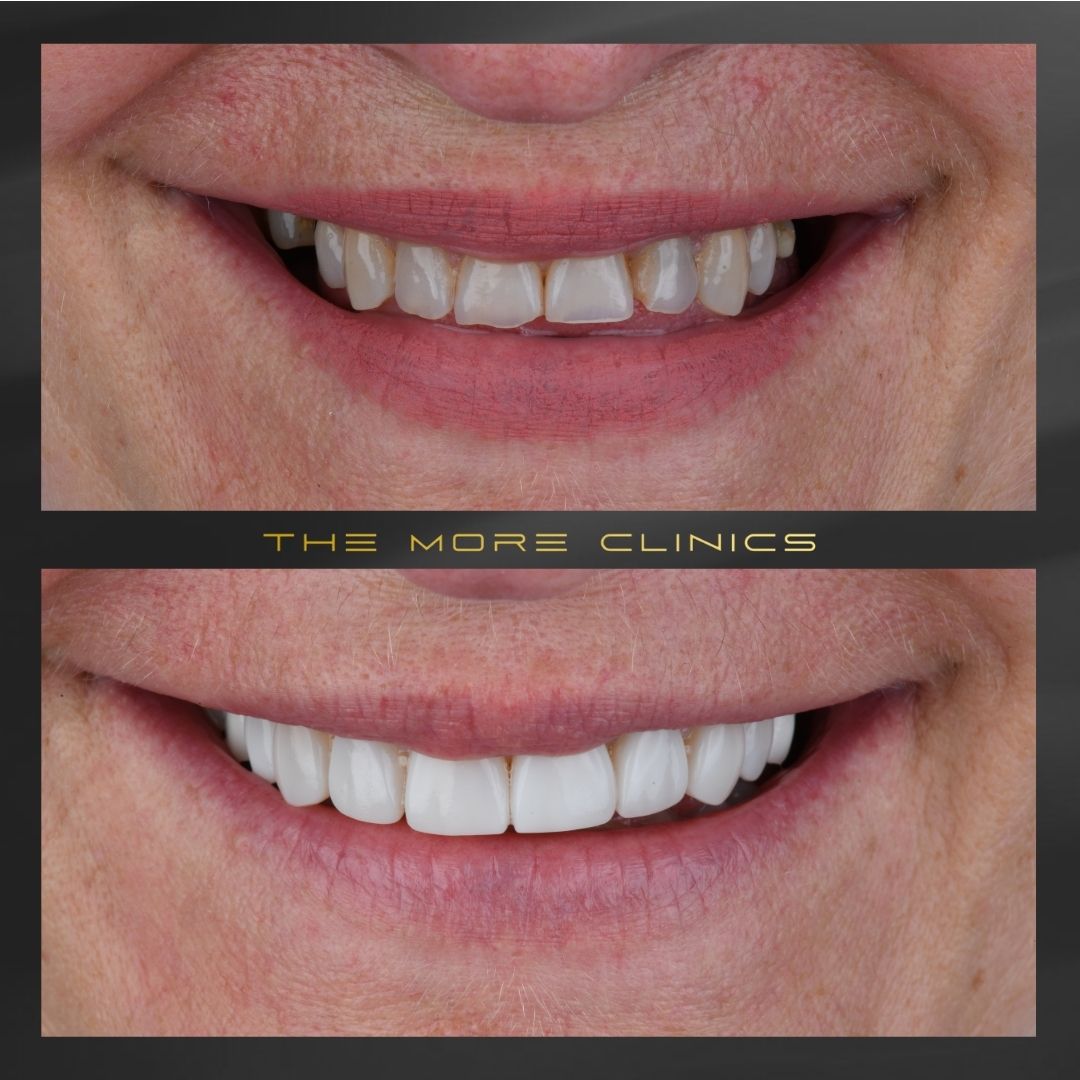
Composite Bonding Before and After Photos
Get your Composite Bonding Turkey Price with 30% Off Deal!
Composite Veneers Cost
The cost of composite veneers can vary based on factors such as the number of veneers required, the complexity of the procedure, and the geographic location of the dental clinic. Composite veneers Turkey Antalya are generally more affordable than porcelain veneers, making them an accessible option for many patients.
- Composite Bonding Cost in the Usa typically range from $800 to $1,000 per tooth.
- Composite Bonding Cost in New York City typically range from $1,000 to $1,500 per tooth.
- Composite Bonding Cost in the California Bay Area typically range from $1,500 to $2,000 per tooth. ,
- Composite Bonding Cost in the Washington DC area typically range from $1,500 to $2,000 per tooth.
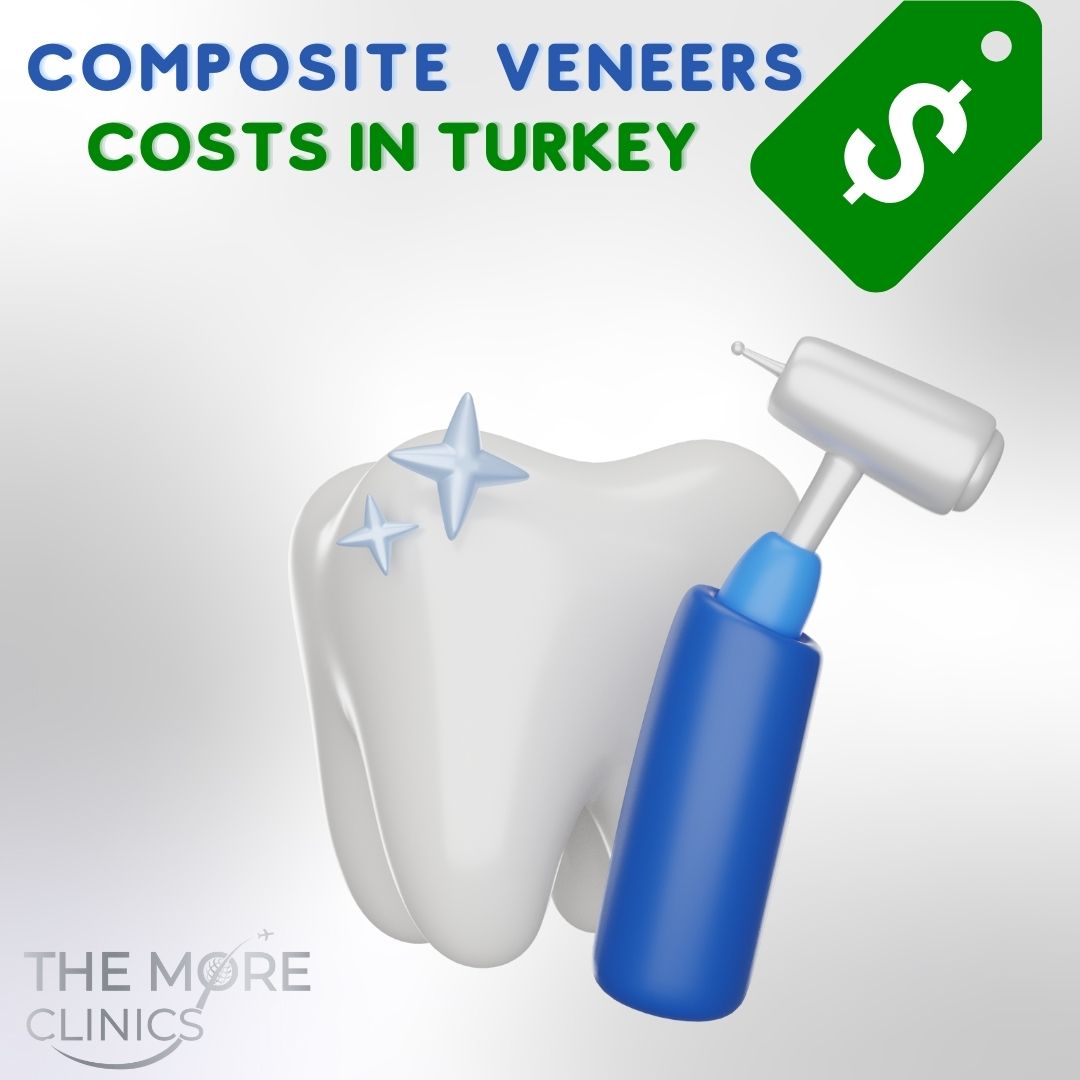
- Composite Bonding Cost in the Uk typically range from £750 to £1,000 per tooth.
- Composite Bonding Cost in the Birmingham typically range from £800 to £1,200 per tooth.
- Composite Bonding Cost in London typically range from £850 to £1,500 per tooth.
- Composite Bonding Cost in Scotland typically range from £700 to £1,000 per tooth.
- Composite Bonding Cost in Ireland typically range from €750 to €1,050 per tooth.
- Price of Composite Bonding Turkey Antalya typically range from €150 to €200 per tooth.
An affordable option: Composite Bonding Turkey Price
Turkey has emerged as a popular destination for dental tourism due to a variety of factors. The comparatively lower costs for treatments, like composite veneers, are a major draw for patients from across the world. Despite the low prices, the quality of dental care in Turkey is high, with clinics utilizing state-of-the-art equipment and highly trained dental professionals.
Composite Bonding Turkey Cost typically range from €130 to €220 per tooth, making it one of the most affordable places in Europe for this cosmetic dental procedure.
Last Words from The More Clinics
In summary, composite veneers Turkey are a versatile and cost-effective solution for enhancing the appearance of your smile. The procedure involves minimal tooth preparation and uses composite resin to achieve the desired shape and appearance. One of the best ways of modern dentistry to give your smile and confidence a boost!
At The More Clinics, we offer a comprehensive range of expert dental services for global patients, ensuring exceptional results and a positive dental experience. Our experienced dentists will provide personalized care and ensure your safety and comfort throughout the procedure. Contact us for more information about our treatments and schedule a free consultation with our experts!
GET A FREE CONSULTATION!
Let’s Start Planning Your Treatment %100 Guarantee Results.











